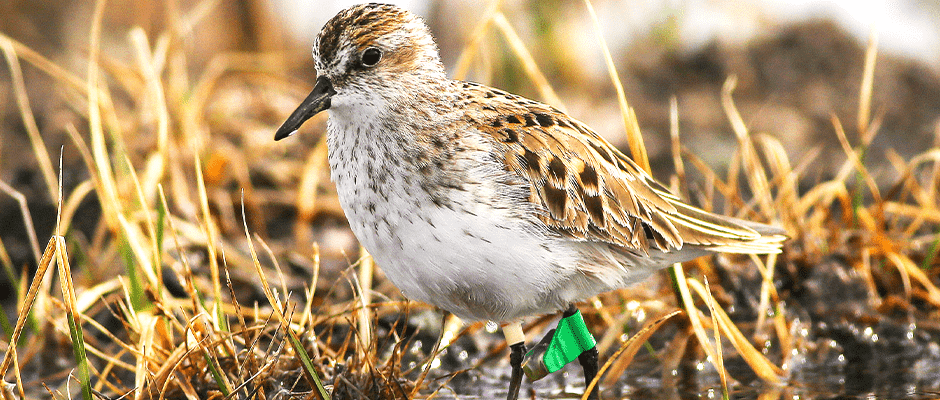- News
-
-
-
-
-
Latest News Articles
- WSB: Study tests accuracy of thermal drone surveys April 26, 2024
- Computer model explores Tribal use of fire for ecosystem health April 26, 2024
- 2024 TWS Elections: Southwest Representative April 25, 2024
-
-
-
- Wildlife Professional Resources
-
- Our Network
-
- PUBLICATIONS
-
-
Recent Posts
-
 The Wildlife Professional November/December Issue
November 1, 2023
The Wildlife Professional November/December Issue
November 1, 2023
-
-
-
-
-
-
- Wildlife Events
-
-
-
Upcoming Webinars
- No Events
-
-
-
- Who We Are
-
Tag: decline

May 16, 2017
South American sandpiper’s route may explain its decline
Scientists have been tracking the migration of the semipalmated sandpiper (Calidris pusilla) to trace the origins of its population in northeastern South American, which is decreasing dramatically. A new study...

